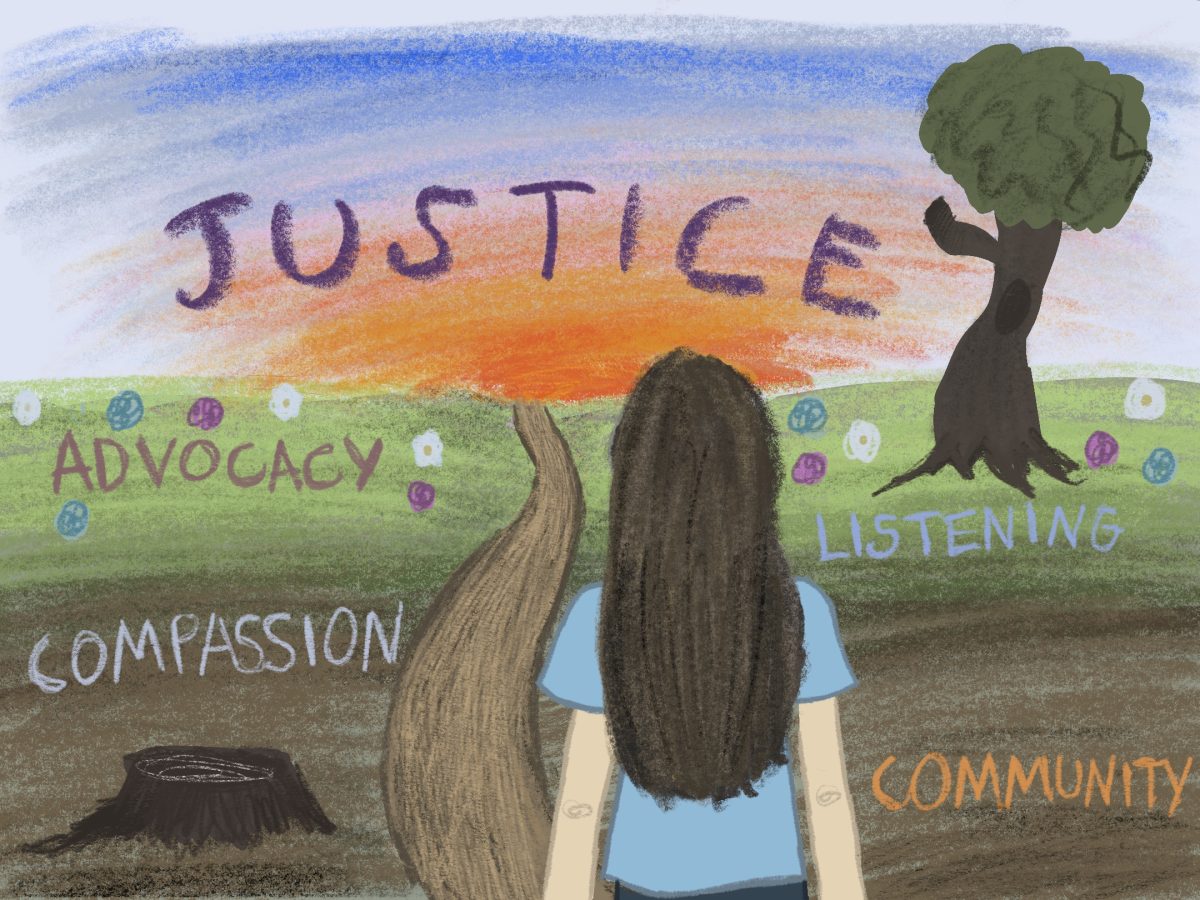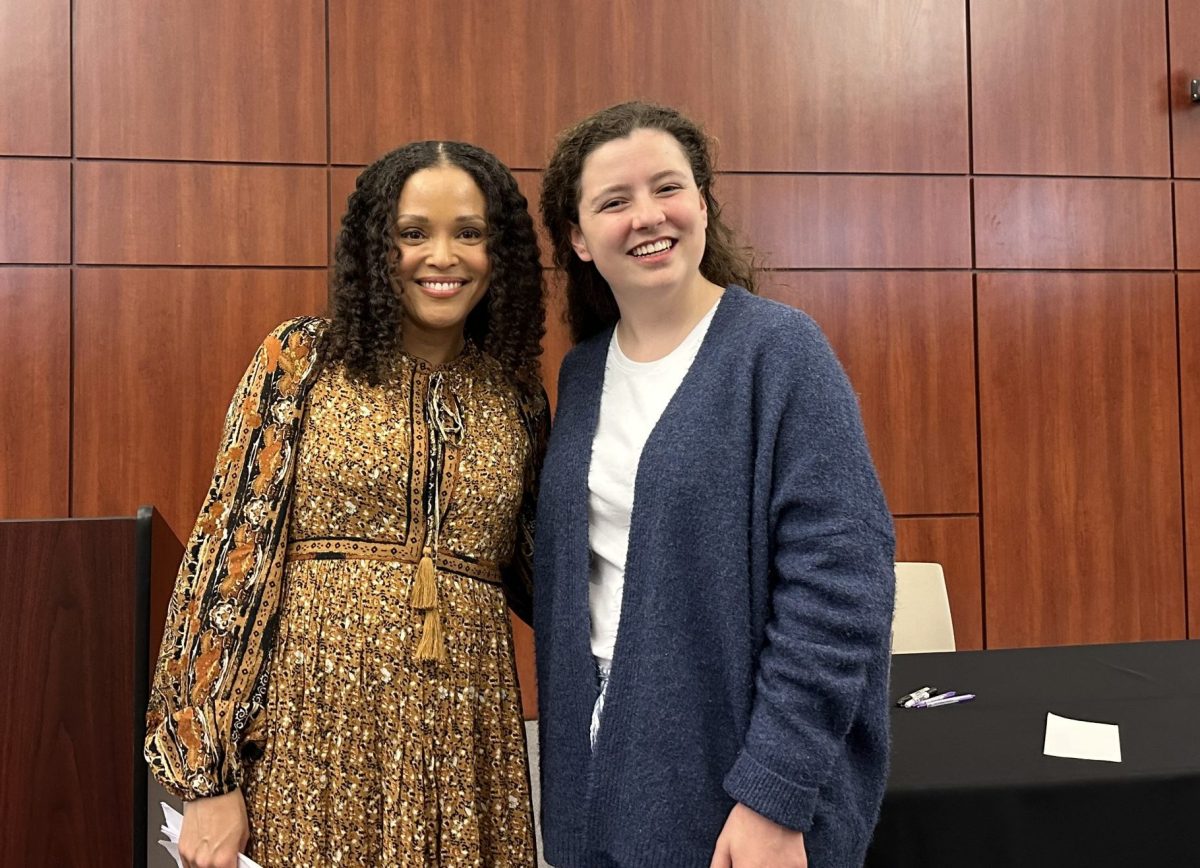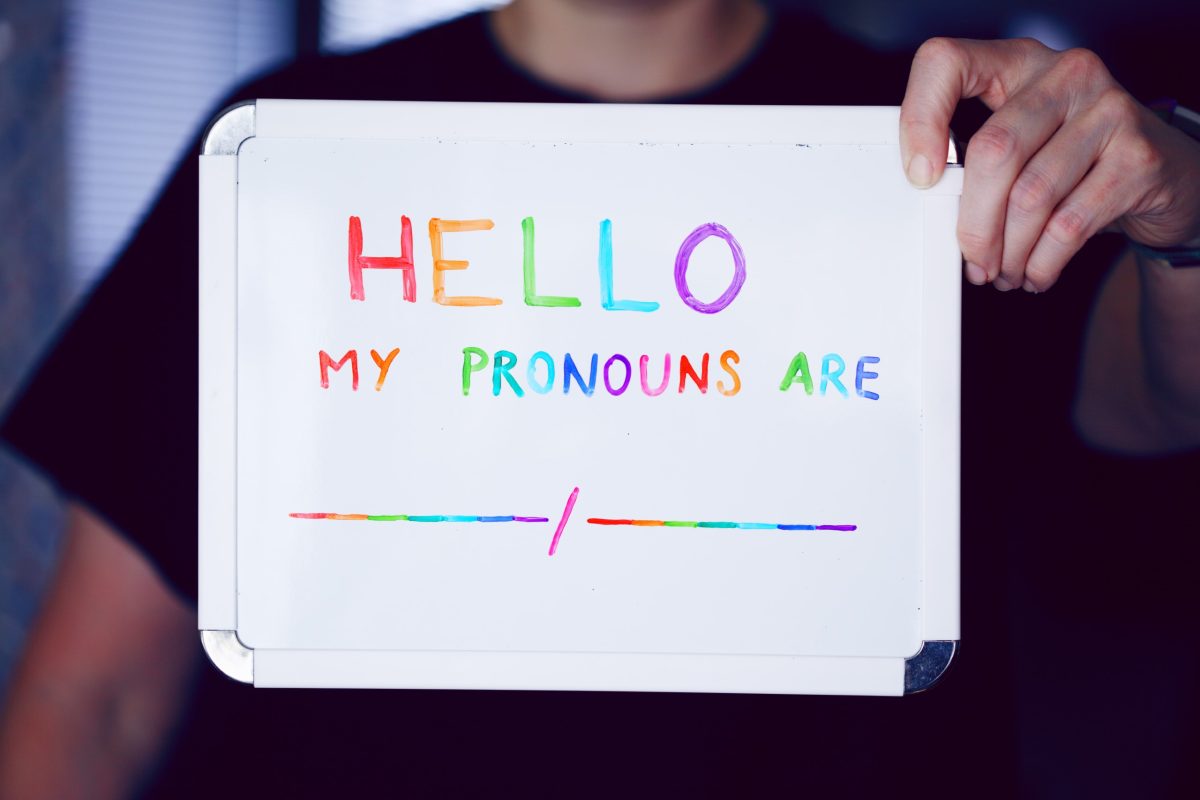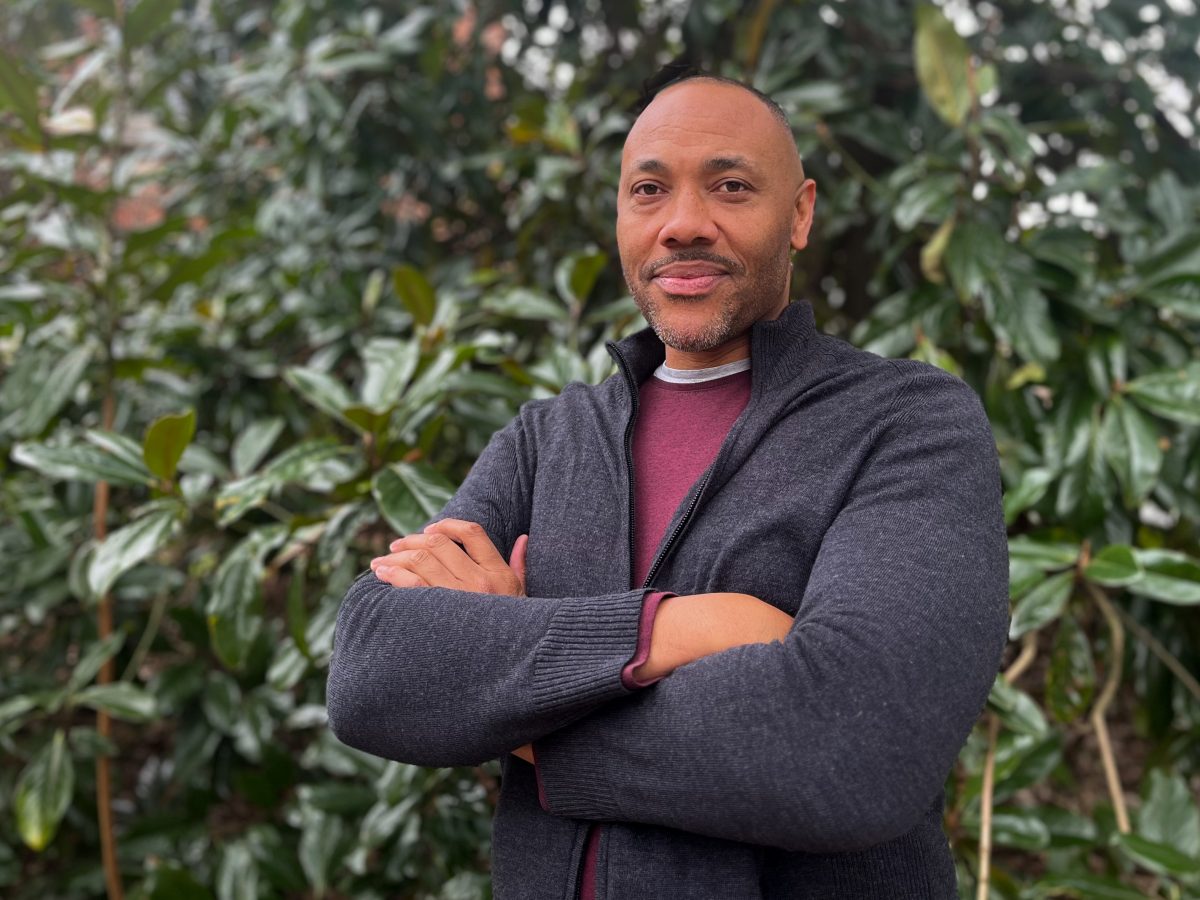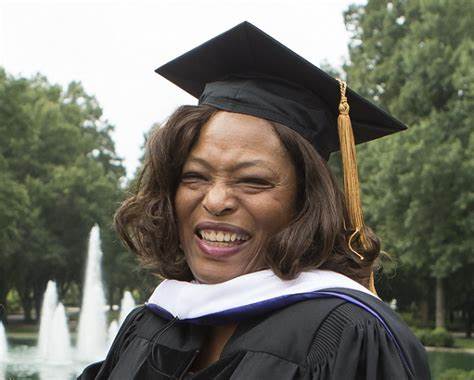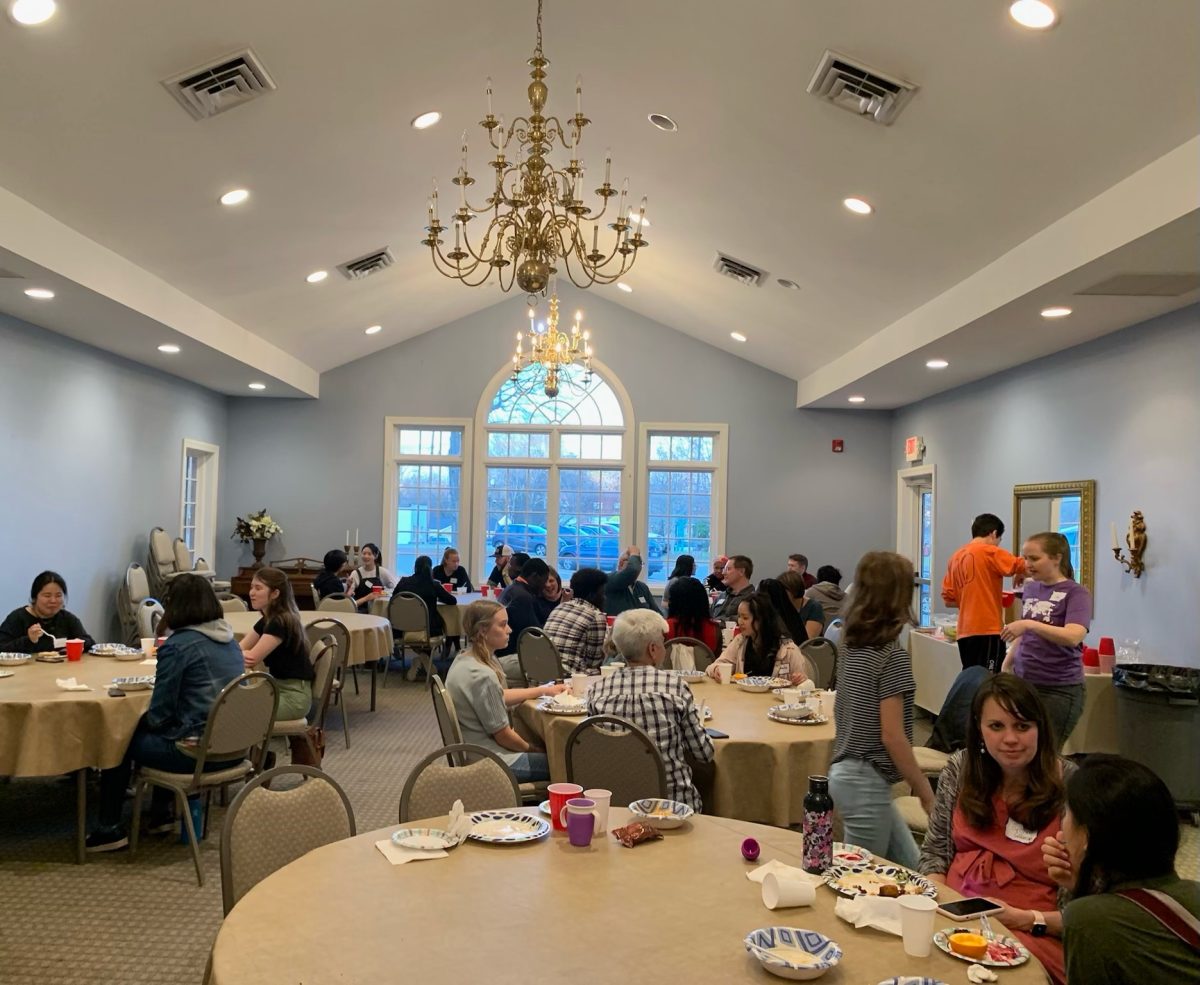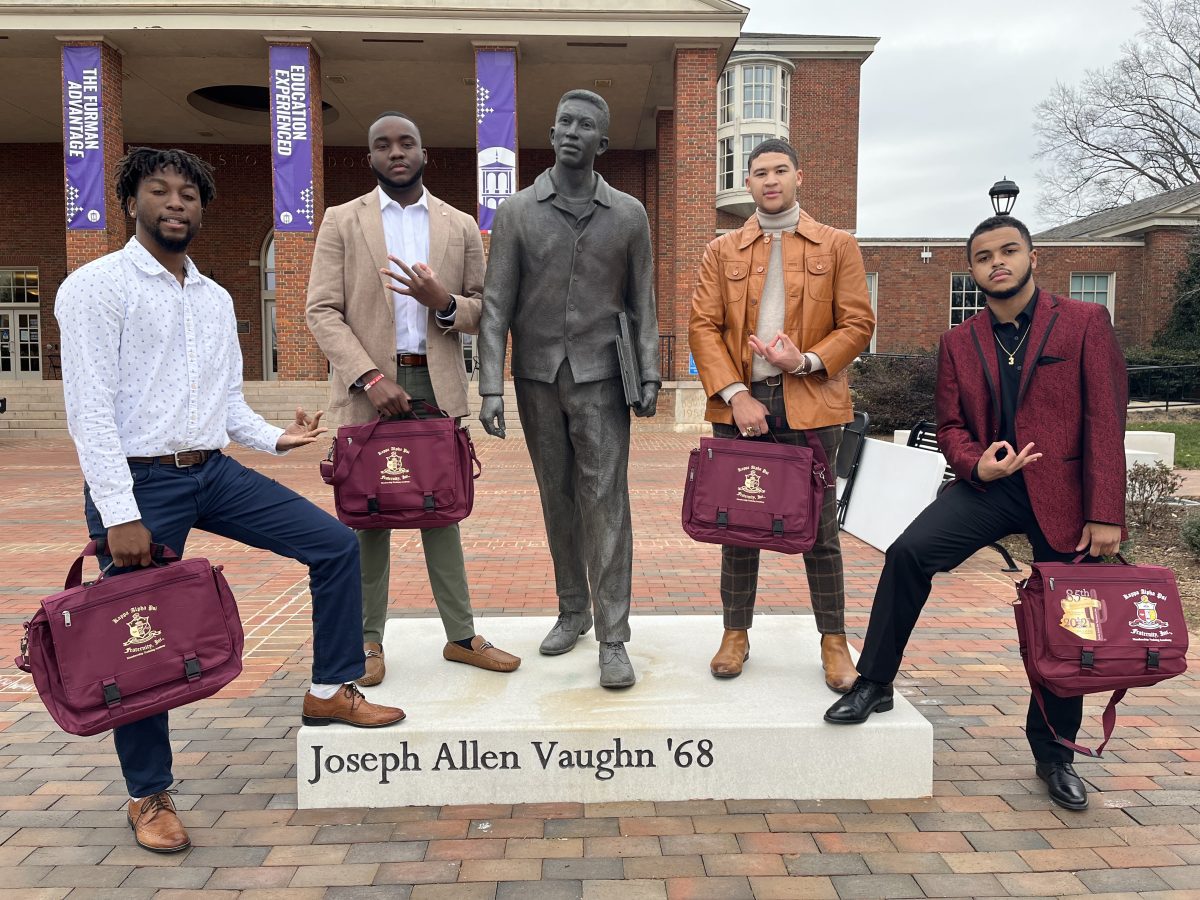Over the past year, I have observed an increase in visibility—through celebrities, mutuals on social media, and personal friends—for a community that I previously thought was small and uncommon: non-binary people. Non-binary simply means that a person identifies outside the gender binary of either male or female. This term can encompass several specific identities, from “gender fluid” individuals who fluctuate between multiple genders, “agender” individuals who do not have a gender, and more. Some individuals, however, choose not to label themselves as anything other than non-binary. As with sexuality, today more and more people understand gender as a broad spectrum, and now the concept of gender itself is serving as the next frontier for boundary breaking that many members of my generation are exploring. This raises the question: what measures can Furman take to create a more inclusive environment for students that are stepping outside of traditional gender norms?
Understanding and sharing one’s gender identity can be difficult, especially when it differs from societal norms. “It took months of sitting in quarantine before I even had time to think about myself,” an anonymous freshman explained, describing the realization of their non-binary identity after years of dysphoria. This student emphasized the emotional impact of being addressed by their preferred pronouns, they/them, especially after coming to terms with their identity after spending their life using female pronouns. “When people use they/them and don’t use gendered language with me, it feels so right,” they explained. Despite accepting their identity, this student laments the fact that society views being non-binary as unusual. “I really just wish it was normal. I do not like to be different.” They expressed their desire to be “seen as a human,” and allowed to be authentic in their identity without being treated as different.
Alexis Burson ’23 shared a similar experience in realizing and expressing their gender identity. Burson identifies as “enby,” or presenting as female but not female identifying, and prefers they/them pronouns. When Burson told the story of being referred to as they/them for the first time, they described feeling excited, realizing “this is who I am, and I’m being recognized for what I truly feel like.” They explained the importance of using preferred pronouns, “it’s honestly just respecting the person that you’re talking about. It’s who you identify as, so that’s a big aspect of your personality.” Burson explains that disregarding a person’s pronouns, which can serve as an integral identifier, disrespects their existence.
Both of these non-binary students stressed the value of using an individual’s correct pronouns. Not only does addressing people in this way show respect, it also reflects acceptance and normalization for those who identify outside of the traditional gender binary. Although this may be unnatural for many Furman students and faculty, as we have all been raised within the confines of the gender binary, the impact of these linguistic adjustments for non-binary students cannot be understated. If you know someone who has changed their pronouns or uses they/them, it might be helpful to practice speaking about that person using their preferred pronouns while not in their presence so that you are more likely to get their pronouns right while you are in their presence.
The recent increase of individuals coming out as non-binary is not a trend, but rather a reflection of the non-binary community’s increasing visibility in society. The more this community grows in representation and members, the more normalized non-binary identities will become, and the more comfortable people will feel identifying themselves as non-binary. Based on this trajectory, I believe existing outside binary gender identities will one day be entirely commonplace. The question remains, how will the Furman community evolve to meet the growing prevalence of this community?
Using students’ preferred pronouns is the first step towards creating an environment that normalizes and supports the identities of non-binary students. To accomplish this, the Furman community can normalize providing pronouns through their Zoom names and email signatures. Professors can create avenues for students to alter their previously provided pronouns through invitations in their syllabi to inform them of this update. Students can incorporate their preferred pronouns into social media bios to show support. Perhaps most importantly, our community can normalize asking for and providing pronouns when meeting someone new. These measures, as simple as they seem, are incredibly meaningful to the members of our community who feel their identities are outside the norms of our campus culture.










